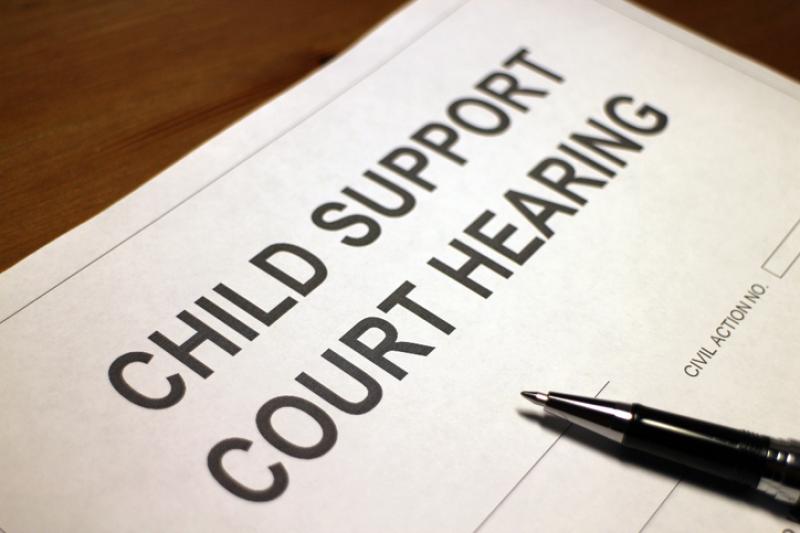Understanding Parental Bias in Child Support Cases

When it comes to child support cases, many factors can influence the outcome. One of the most important factors a child support lawyer can tell you is the concept of parental bias. Parental bias refers to the tendency of courts and judges to favour one parent over the other when making decisions about child support. This bias can significantly impact the amount of support ordered, and parents need to understand how it works and what they can do to protect their interests.
Common Parental Bias Factors
Several factors, including gender, income, and cultural norms, can influence parental bias. For example, there is often a bias in favour of mothers regarding child custody and support. That is partly due to traditional gender roles that have historically placed the primary responsibility for childcare on women. As a result, judges may assume that mothers are better equipped to provide for the needs of their children and may be more likely to award them custody or order higher levels of support.
Income can also play a role in parental bias. Wealthier parents may be viewed as more capable of providing for their children's needs, even if the other parent is financially stable. It can result in higher levels of support being ordered for the wealthier parent, even if they are not the primary caregiver. Finally, cultural norms and stereotypes can also contribute to parental bias. For example, judges may have preconceived notions about certain ethnic or racial groups that can influence their decisions. It can lead to unfair outcomes for parents who belong to these groups.
The Impact of Parental Bias
Parental bias can have a significant impact on child support cases. If a judge is biased in favour of one parent, they may order higher levels of support than are needed, or they may award custody to that parent even if it is not in the child's best interests. It can leave the other parent feeling frustrated and unfairly treated. In addition, parental bias can contribute to a lack of trust in the legal system. If parents think they are not being treated fairly, they may be less likely to comply with court orders or seek legal remedies when needed. That can create additional problems and may even lead to a breakdown in the relationship between the parents, which can further harm the child.
What You Can Do to Protect Your Interests
If you are involved in a child support case, there are several steps you can take to protect your interests and mitigate the impact of parental bias. The following are some strategies that may be helpful:
Seek Legal Advice
One of the most important things you can do is to seek the advice of a child support lawyer. A lawyer can help you understand your legal rights and obligations and the factors that may influence the judge's decision. They can also help you prepare for court and present your case in the most effective way possible.
Present Evidence
It's important to present evidence that supports your case. For example, if you are seeking a reduction in support payments, you may need to show that your income has decreased or that your child's needs have changed. If you are seeking custody, you may need to present evidence that shows you are the better parent for the child. It may include school records, medical records, or statements from friends and family members.
Be Prepared
It's important to be prepared for court. That means understanding the legal process, knowing what to expect, and being ready to respond to any questions or challenges that may arise. Your lawyer can help you prepare for court and may even accompany you to the hearing to provide support and guidance.
Remain Calm & Focused
It's important to remain calm and focused during court proceedings. Getting emotional or defensive can undermine your case and may even reinforce negative stereotypes or biases that the judge may have. Instead, try to remain calm and focused on the facts of your case. Stick to the evidence and avoid making personal attacks on the other parent.
Document Everything
Documenting everything related to the case is crucial. That includes keeping records of all communication with the other parent, such as emails, text messages, and phone calls. It also includes keeping track of all expenses related to your child, including receipts for medical bills, school fees, and extracurricular activities. Having a clear record of everything related to the case can help you make a stronger case in court and can also be helpful in future disputes.
Consider Alternative Dispute Resolution
In some cases, alternative dispute resolution methods like mediation or arbitration may be more effective than going to court. These methods can be less adversarial and may be more conducive to finding a solution that works for both parents and the child. A child support lawyer can advise whether alternative dispute resolution is a good option for your case.
As you can see, there is various parental bias that can significantly impact child support cases. Understanding how it works and what you can do to protect your interests is crucial. By seeking legal advice, presenting evidence, being prepared, remaining calm and focused, documenting everything, and considering alternative dispute resolution, you can improve your chances of achieving a fair and just outcome in your child support case.
More to Read:
Previous Posts:










